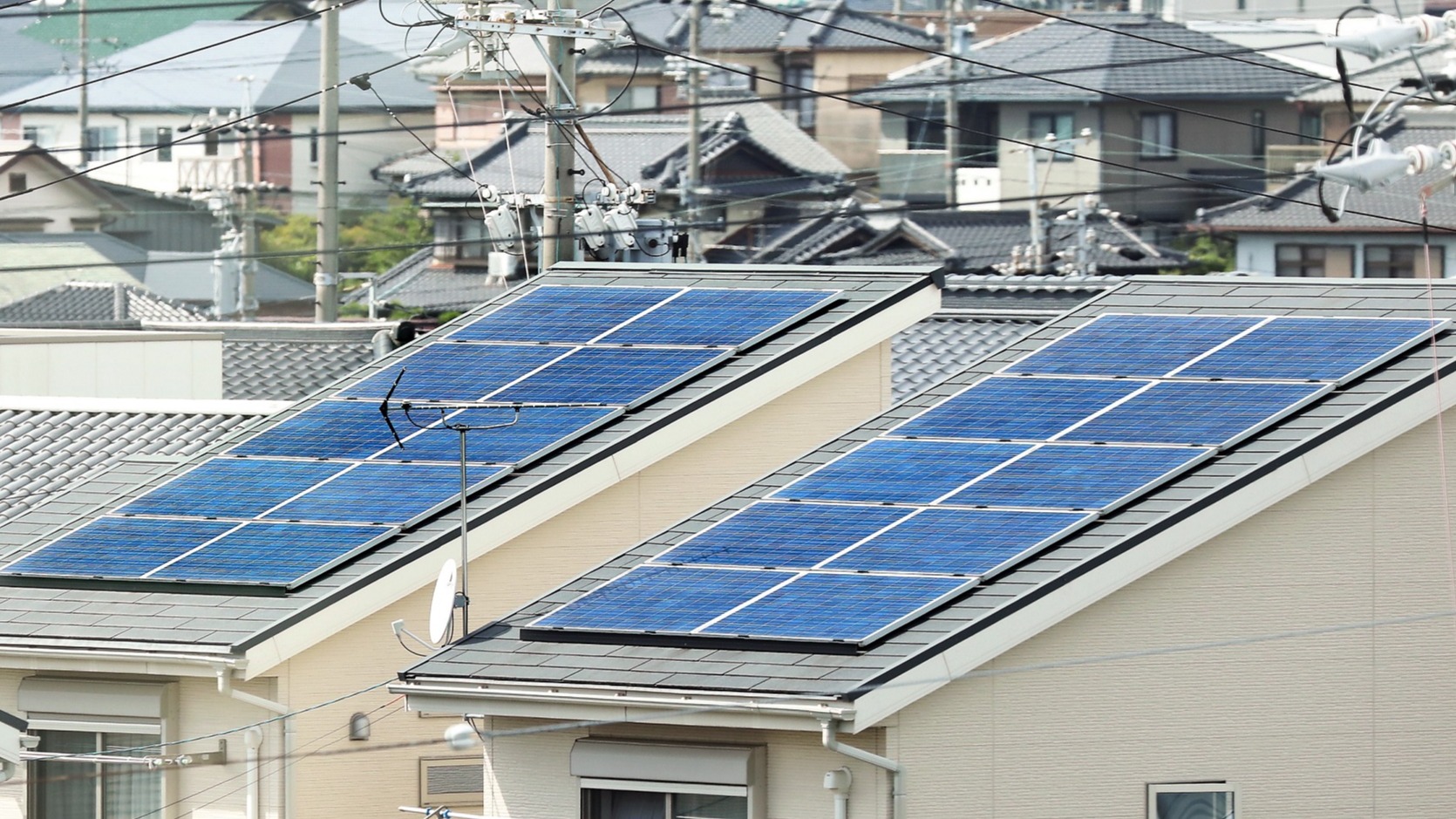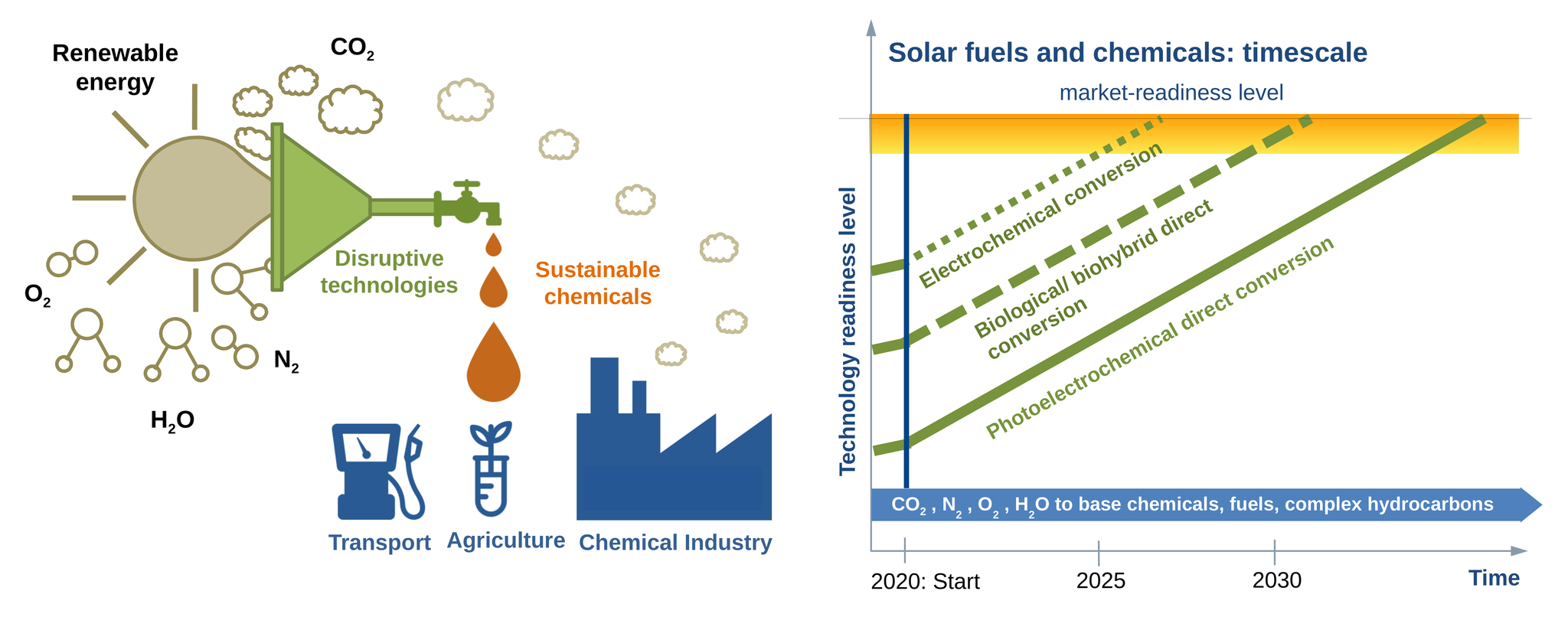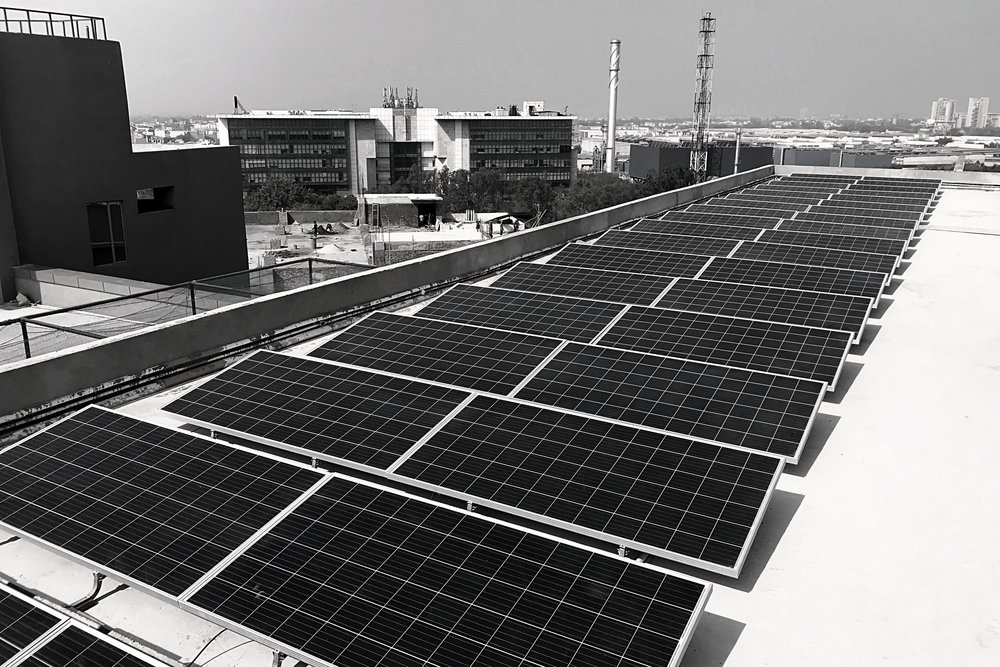
Lease solar panels to make your home more energy efficient. It is important to be aware of both the benefits and costs. You can decide if leasing is the right option for you by reading this article. Besides, this option is convenient for many people.
Leasing fees
If you're considering solar panel leasing, there are a number of factors you need to consider. In most cases, leasing solar panels is cheaper than buying them. However, there are several drawbacks to leasing your solar panels. These include the inability to qualify for any rebates, incentives, or federal subsidies. Leasing companies can make money from your monthly payments and receive incentives from the solar panel.
The value of your home depreciates, and you'll have to pay less for solar panels if you want to sell your home. The cost of solar panel installation will decrease the value your home and it may be more difficult to let it go if the buyer does not want it. Buyers may be concerned about solar leases, and they might lower the price to avoid them.

Benefits of leasing
For those who don’t have the funds to buy the solar panels, leasing them can be a good option. This arrangement has no upfront cost and doesn't require maintenance. Some leasing companies offer discounts for first-time customers. A solar company will handle the installation, so you can enjoy the benefits of not having to worry about it. If you lease the panels, however, you might lose some control over their location and aesthetics.
Leasing solar panels will help you reduce your energy costs over time. Depending on the size of your system, you could save anywhere from 15 to 40% of your monthly utility bill. You can also lease solar panels to make solar energy a monetizable asset on the SREC marketplace.
Leasing has its drawbacks
You're not the only person thinking about leasing solar panel for your home. Solar leasing has its downsides. Solar leasing has its downsides. First, the lease of solar panels is a long-term commitment. If you decide to sell your house, you might not be able resell the panels. Solar leases can also make it difficult to refinance your home.
You don't have the option to claim tax incentives for solar leasing. You won't be eligible for the 26% federal solar tax credit because the solar company owns them. Also, you will have to pay utility rates that are a lot higher than those of a traditional loan. To determine if you qualify for a higher tax credit, consult a tax professional if you are thinking of leasing solar panels.

If leasing is the right option for you
It is possible to be harmed by leasing solar panels from a lease company if you are considering installing them in your home. Solar lease companies are in business to make money, so they will often tie you up in a long term contract. You might have to pay the remainder of the lease payments by yourself, or find a buyer to take over the contract when you sell your house. To attract buyers, your home will need to be priced lower. Your credit score will also be affected by leasing solar panels. This could make it more difficult to obtain a loan for your home.
A benefit of leasing solar panels over buying them is that they aren't expensive upfront. Additionally, the leasing agency will cover federal tax and maintenance costs. This is particularly advantageous for people who don't qualify for federal tax incentives or have poor credit scores. Financing solar panels is an option if you are able to get a loan. It will not only save you money, but also increase your home's value.